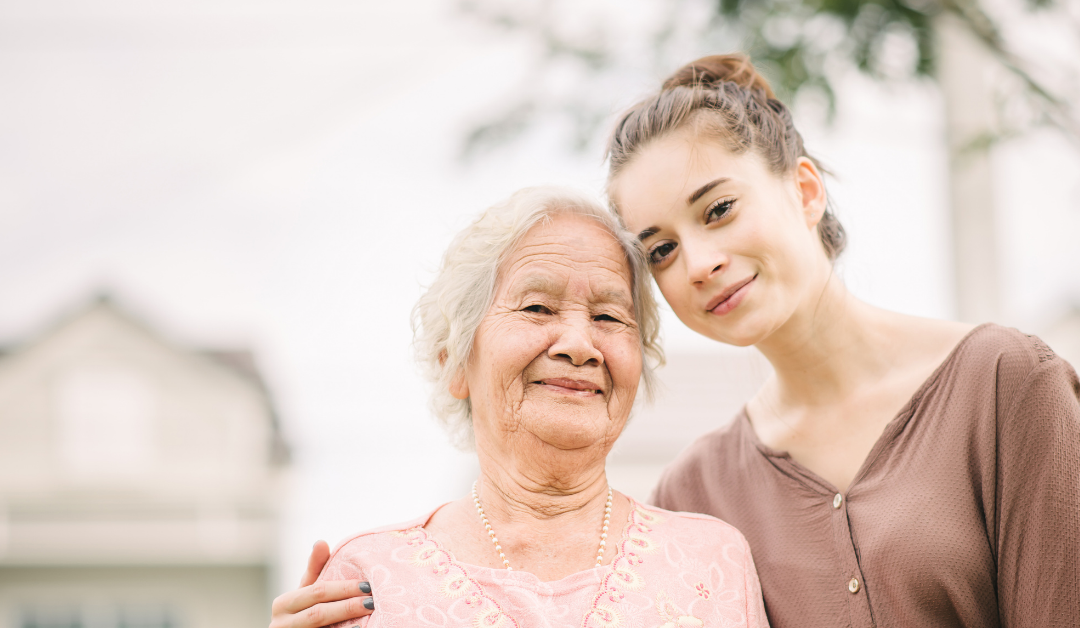Often, caring for a loved one in need is an all-consuming role that can become emotionally and mentally draining. If you’re a caregiver for someone who has a debilitating condition such as dementia or is simply advanced in years, you may find yourself feeling less like yourself.
Burnout frequently occurs when ones don’t make time to care of their own needs. When there is neglect, whether physical or mental, your body will start to grind to a halt until there is change. Stop for a moment and think about how critical taking care of yourself is in regard to your wellbeing and personal health. If you don’t do so, not only might you suffer physically, emotionally, and mentally, but your ability to aid your loved will be inhibited as well.
We spoke with experienced caregiver and RN Antoinette Karapetian and discussed how caregivers could better care for themselves.
If possible, read this BEFORE you start experiencing burnout symptoms. However, there are steps you can take NOW if you’re feeling fatigued.
Common Caregiver Burnout Symptoms
According to Antoinette, common symptoms of caregiver burnout may begin with withdrawal from those close to you. For example, you might find that you’re ignoring phone calls, putting off responding to texts, and are just not up to seeing friends because you lack the energy to connect with others. However, isolating oneself can exasperate feelings of burnout.
Another symptom includes a change of appetite – some may find the entire day goes by without eating, while others may try to help the day pass, by eating more, even if they aren’t hungry.
Caregivers may also find their sleep patterns change. Such changes may include insomnia or difficulty getting out of bed due to feelings of hopelessness, depression, and anxiety.
SO WHAT DO YOU DO?
Antoinette says to begin with the basics of taking care of yourself. This may be as simple as being mindful of your personal hygiene, such as brushing your teeth or bathing. Although those things may be automatic when you’re well-rested, such tasks suddenly become a chore if you’ve been neglecting self care.
Take a good look at your daily routine and pinpoint where there might be room for improvement. For example, if you find yourself not eating, schedule times for nutritious meals or snacks, even set an alarm if needed. If it feels like too great of a task to remember to schedule specific eating times, some find a physical reminder can be helpful, such as a sticky note on the wall or refrigerator that says, “It’s time to eat,” or “Mealtime.”
Take Time For Yourself
Once you have your schedule in order, find times just for you during the day. This may include taking 20 minutes to put on your headphones, fire up a playlist and take a walk outside before your visit.
Antoinette recommends finding time for activities you’ve enjoyed in the past – such as baking, reading, or skiing. Remember, self care is NOT selfish. You can’t take care of others if you’re neglecting yourself.
When “Self Care” Becomes “Self Harm”
When experiencing burnout, a caregiver may look for ways to self-soothe that often has the opposite effect. For instance, they may spend more time watching television, endlessly scrolling through social media, or surfing the web as an escape from their burnout, which instead can add to fatigue.
Instead, set limits on your screen time, especially while you’re caring for an aging loved one. You’ll find that putting in quality time, such as hands-on activities, will benefit yourself and the person you’re caring for.
Ask For Help
An army of one will always be defeated. Asking for help can be difficult because of the associated guilt of spending less time with someone in need. If caregiving is your role within the family, giving attention elsewhere, such as to yourself, will not come easy.
Getting help starts with personal support and may be as simple as letting friends and family know that you could use some assistance with errands or shopping trips.
If you’re caring for a family member, reach out to siblings or others that may be able to provide you with needed downtime. There is no shame in asking for help. Local home care agencies such as Love is… can provide you with assistance as well, even if it’s only needed a few hours a week.
Antoinette also recommends searching for local or virtual caregiver communities. You are not alone! A support group will provide a community of empathetic caregivers that may have successfully overcome obstacles you’re facing or provide practical advice.
“It may be difficult to speak up,” says Antoinette. However, caregivers shouldn’t feel they are burdening others by asking for help or providing care for themselves. Your needs are just as important as those you’re caring for.

